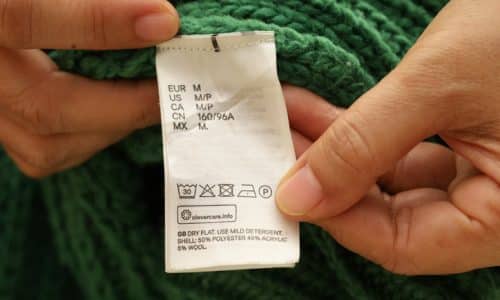If you’ve ever played the “claw-game” at an arcade, where a lightweight claw drops into a bin of plush toys, then you also know how difficult it can be to get things you want in a pinch.
When a baby starts to pinch items between their thumb and forefinger, sometimes called the “pincer grasp”, it represents a major milestone in development. They’ve mastered their own version of the claw-game. However, instead of a remote-controlled crane, they are using a series of movements and neurological signals to interact with their environment.
Here at Imagine Pediatric Therapy, we know most babies need a fair amount of practice to master the pincer grasp, usually hitting this cognitive milestone between 9 and 12 months of age. The simple act of pinching a bit of food serves as a milestone for a whole host of reasons.
Babies using the pincer grasp have developed the fine motor skills necessary to interact with their environment, and the cognitive ability to process what they see so they can put those precision movements to use. The milestone also means babies can more reliably self-feed and exercise more control over their movements and surroundings.
It’s important for babies to master the pincer grasp and for parents to help babies who are delayed in reaching the milestone. While many delays resolve spontaneously, an unaddressed delay can develop into a developmental disorder. For some babies, the delay can indicate the need for more practice to develop the strength and control required. For others, the delay may indicate underlying developmental conditions. At Imagine Pediatric Therapy, we urge early occupational therapy intervention to help children with development delays overcome them.
Motor development and cognitive development are inseparable, because the motor skills help develop cognitive skills and the cognitive skills refine the motor skills. That inseparability means our therapists can sometimes intervene in one area of development by way of the other. Early attention to fine motor skill development factors into future academic achievement; intervening in motor skill development as soon as possible produces long-term cognitive benefits.
Cognitive functions can be improved with early intervention and early intervention prevents delays from compounding into significant developmental limitations.
The simplest activity on your path to this milestone is to offer your 8 to 12-month old baby small pieces of soft food such as small cooked noodles, soft vegetables, and cracker pieces.
Like the arcade version of the claw-game, this process requires patience. If Baby hasn’t mastered this grip by their first birthday, schedule an evaluation with Imagine Pediatric Therapy. Our occupational therapists can help identify and intervene in any developmental delay to result in better outcomes for years to come.



